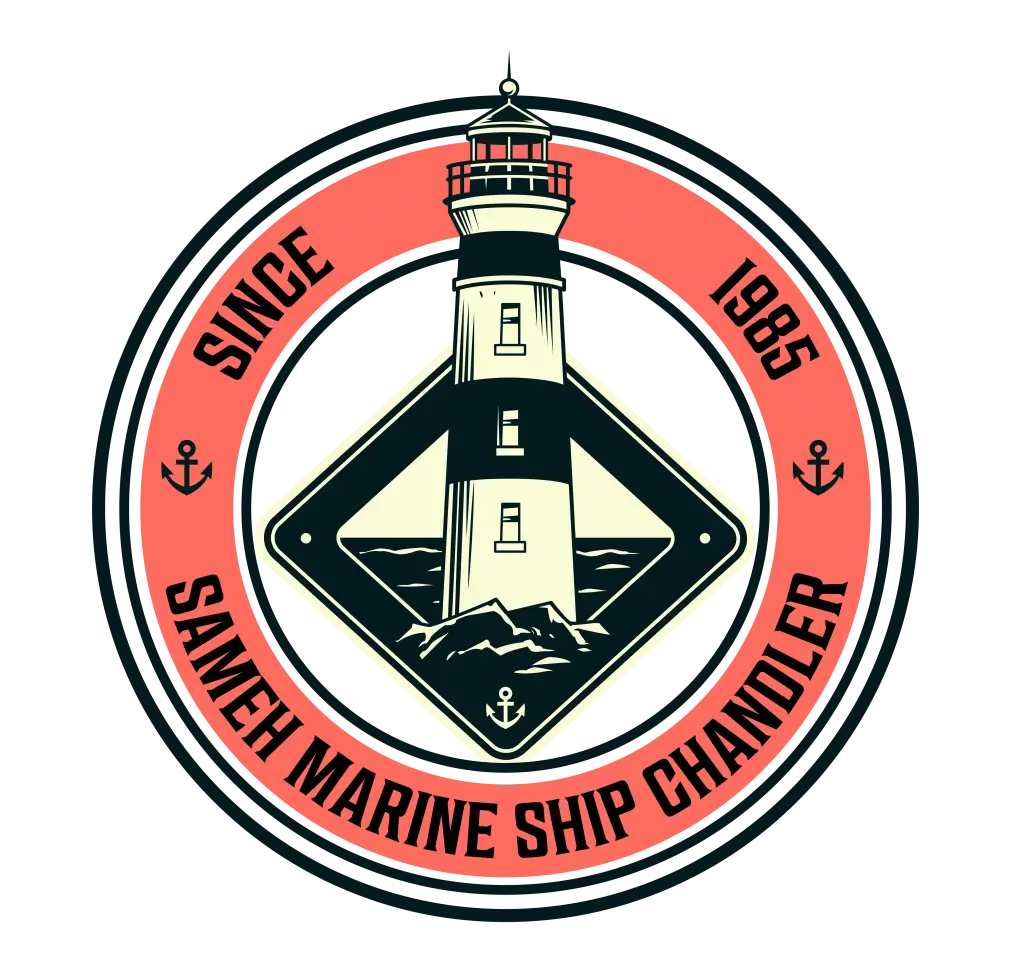The Suez Canal stands as one of the most critical waterways, connecting the Mediterranean Sea to the Red Sea and facilitating global trade between Europe and Asia. Each year, thousands of ships traverse its waters, carrying goods essential to economies worldwide. In this article, we will explore the Industrial Cleaning Chemicals for ships that are regularly used daily. Amidst this bustling maritime activity in Egypt, the maintenance of ship cleanliness becomes paramount, ensuring safe and efficient navigation through the canal and environmental solution services in Egypt.
Understanding the Suez Canal
What Makes the Suez Canal Special?
The Suez Canal, opened in 1869, significantly reduced travel distances for vessels travelling between Europe and Asia. With a length of 120 miles (193 kilometers) and a depth of up to 66 feet (20 meters), it accommodates a wide range of ships, including container vessels, tankers, and bulk carriers.
Environmental Challenges in the Suez Canal
Navigating the Suez Canal poses unique environmental challenges for ships. The warm waters of the canal, combined with high traffic volumes, create conducive conditions for marine growth, biofouling, and corrosion. These factors can impair vessel performance and increase fuel consumption.
Importance of Industrial Cleaning Chemicals
Industrial cleaning chemicals play a pivotal role in maintaining ship cleanliness and operational efficiency in the Suez Canal. These specialized formulations are meticulously crafted to effectively tackle stubborn contaminants, prevent corrosion, inhibit marine growth, and ensure compliance with regulations, including Eco-friendly Shipping MARPOL Compliance & Suez Canal Waste Disposal standards. Let’s explore the types of industrial cleaning chemicals commonly used for ships in the Suez Canal.
Types of Industrial Cleaning Chemicals
- Degreasers: Effective in removing grease, oil, and other hydrocarbon-based contaminants from ship surfaces and machinery.
- Descalers: Used to dissolve and remove mineral deposits such as scale and rust from engine components, pipelines, and heat exchangers.
- Rust Removers: Formulations designed to eliminate corrosion and rust stains on metal surfaces, preserving structural integrity.
- Biofilm Cleaners: Targeted solutions for eradicating biofilm and microbial growth in water systems, preventing fouling and contamination.
Factors to Consider
When selecting industrial cleaning chemicals for ships Suez Canal, several factors come into play.
- Environmental Regulations: Adherence to international environmental standards and regulations governing the use and discharge of cleaning chemicals.
- Material Compatibility: Ensuring compatibility with various ship materials, including metals, plastics, and coatings.
- Safety Standards: Prioritizing formulations that meet safety and occupational health requirements for onboard use.
- Effectiveness: Choosing products with proven efficacy in addressing specific cleaning challenges encountered in the Suez Canal environment.
You can also read MARPOL Compliant Waste Disposal for Ships
Common Challenges
Ships transiting the Suez Canal encounter a myriad of challenges related to cleanliness and maintenance.
- Biofouling: Accumulation of marine organisms on hull surfaces, impacting vessel speed and fuel efficiency.
- Rust and Corrosion: Exposure to saltwater and humidity accelerates corrosion, necessitating regular maintenance and treatment.
- Scale Buildup: Mineral deposits in cooling systems and pipelines reduce efficiency and impair equipment performance.
Best Practices for Cleaning Ships
To effectively combat these challenges, ship operators can adopt the following best practices:
- Regular Inspection: Conduct routine inspections to identify cleanliness issues and potential maintenance needs.
- Scheduled Cleaning: Implement a disposal services and cleaning schedule using appropriate industrial cleaning chemicals to prevent buildup and deterioration.
- Proper Application: Follow manufacturer guidelines and safety protocols when applying cleaning chemicals to ensure optimal results and minimize risks.
- Monitoring and Maintenance: Monitor the effectiveness of cleaning procedures and adjust as necessary to maintain ship integrity and performance.
Environmental Impact
While industrial cleaning chemicals play a crucial role in ship maintenance, their use can have environmental implications. Proper handling, storage, and disposal are essential to minimize adverse effects on marine ecosystems and comply with regulatory requirements.
Regulations and Compliance
International conventions such as the International Maritime Organization’s (IMO) International Convention for the Prevention of Pollution from Ships (MARPOL) set forth guidelines for the safe and environmentally responsible use of cleaning chemicals in maritime operations. Ship operators must adhere to these regulations to ensure compliance and mitigate environmental risks.
Future Trends and Innovations
Innovations in eco-friendly formulations, automation technologies, and sustainable practices are shaping the future of industrial cleaning in maritime operations. From biodegradable cleaners to advanced monitoring systems, these developments aim to enhance efficiency while reducing environmental impact.
Conclusion
In conclusion, the effective management of industrial cleaning chemicals is essential for maintaining ship cleanliness and operational integrity in the dynamic environment of the Suez Canal. By embracing best practices, adhering to regulations, and embracing innovation, ship operators can navigate the waters with confidence, ensuring safe, efficient, and sustainable maritime transportation while responsibly managing chemicals for cleaning.
